Eccl 1:2; 2:21-23; Ps 90:3-6, 12-13; Col 3:1-5, 9-11; Lk 12:13-21
“Vanity of vanities…all things are vanity! If today you hear his voice, harden not your hearts.” I took a personality profile and my profile was defined as a “strategist” which is a combination of Introverted, Intuitive, Thinker, and Judging. This represents only 1.5% of all personality types in the Myers-Briggs Type Indicator. At times I toil with anxiety of heart and at night my mind is restless as I strategize for the next day or how to resolve a problem. “This also is vanity.”
God you created me and now I carry this cross. Still the Lord will “prosper the work of our hands!” A strategist is also a gift but first we must learn to surrender our gift to Him for his greater glory. What is the desire of our hearts, greed or service? Greed leads to lying and deception and the psychology is that it is a “dog eat dog world” of winners and losers. “This also is vanity”. In service we are open to the guidance of the Holy Spirit to use our gifts for a greater good.
If there is anything that causes family feuds it is inheritance. It is driven by greed and/or a sense of entitlement. The heart cries out “I was there for them you were never there” or “You have more than I and I need it more than you.” The riches that matter to God is how we give of ourselves to benefit others which includes the use of our resources. Our heavenly treasure is the giving of ourselves to family, friends, neighbors, and strangers. The earthly treasure one builds up in a lifetime becomes the surplus of disposable goods another receives as inheritance to spend at pleasure. “This also is vanity.”
Others plan for that retirement day when we can rest, eat, drink and enjoy our wealth. Meanwhile we ignore our health, the growing up years of our children, the purpose of our marriage and the greatest commandment is compromised for the mighty dollar. Profit, prestige, power, and pleasure go up in smoke in an instant with one major illness, a divorce, a loss of work, or a tragedy. We sacrifice for the mighty dollar but our sacrifice for the heavenly glory is put aside for another day. “You fool, this night your life will be demanded of you” says the Lord. We turn back to dust in a short lifespan but did we “number our days aright” says the Lord.
Are we to ignore our responsibilities? Absolutely not, we are to offer our responsibilities to God to bless them and guide us. The recovery community of addiction follows what is known as the Twelve Steps and Twelve Traditions. The first step in recovery to bring about change is “we admitted we were powerless over (fill in the blank our obsession with money, work, gambling, food, sex, etc.) that our lives had become unmanageable” If today you hear his voice and life is unmanageable take the first step of honesty and truth. Nothing changes until we make a decision for change.
Step 2 says, “Came to believe that a Power greater than ourselves could restore us to sanity.” The insanity is that we all are given the truth in our hearts of our sins and we keep doing the same thing. The time for change is always now! This is our time to “gain wisdom of heart”. We can spend a lifetime building up anxiety about anything and everything or we can surrender ourselves to God, trust in Him and be set free.
Step 3 says, “Made a decision to turn our will and our lives over to the care of God as we understand Him” so that “the gracious care of our God be ours”. Our faith and reason are “challenged” by many doctrines and by our own concepts as we have turned away from the truth to false teachings. Turn back to God while there is time that we may not be found asleep in our sinfulness when he comes.
The Twelve Step tradition is a simple process of faith, hope and love with a long-lived history of success for those who follow it. Our challenge is to not be tempted by all things of vanity which number our days as sorrow, grief, or anxiety. Renew the decision to trust in God each day “that we may shout for joy and gladness all our days”.
God’s mercy comes to seek the sinner who turns their will and life to the care of God and he will open the minds, hearts and souls to the truth and freedom of his love. What do you get when you put two strategists together? Silence! In the silence of our hearts we hear God’s voice, “harden not your hearts” let us trust in Him.
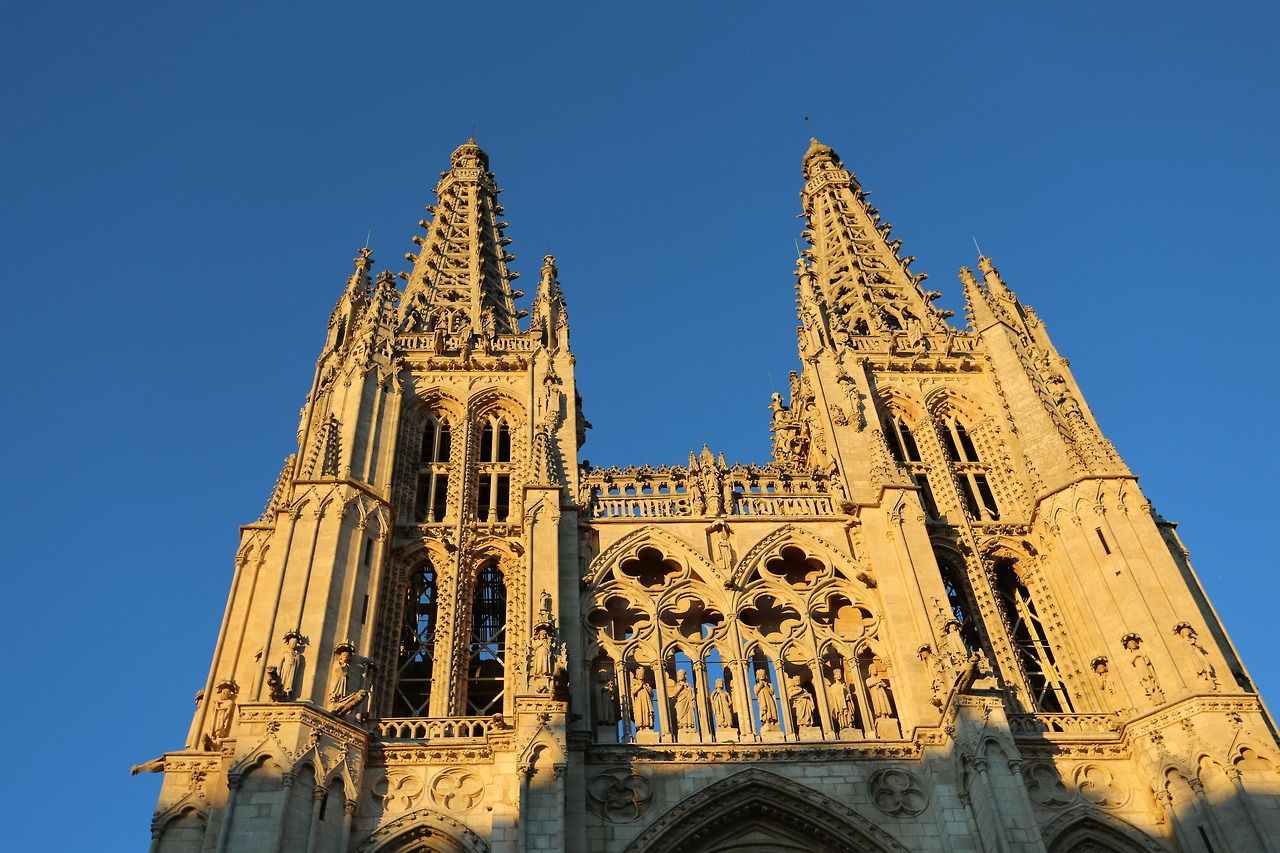


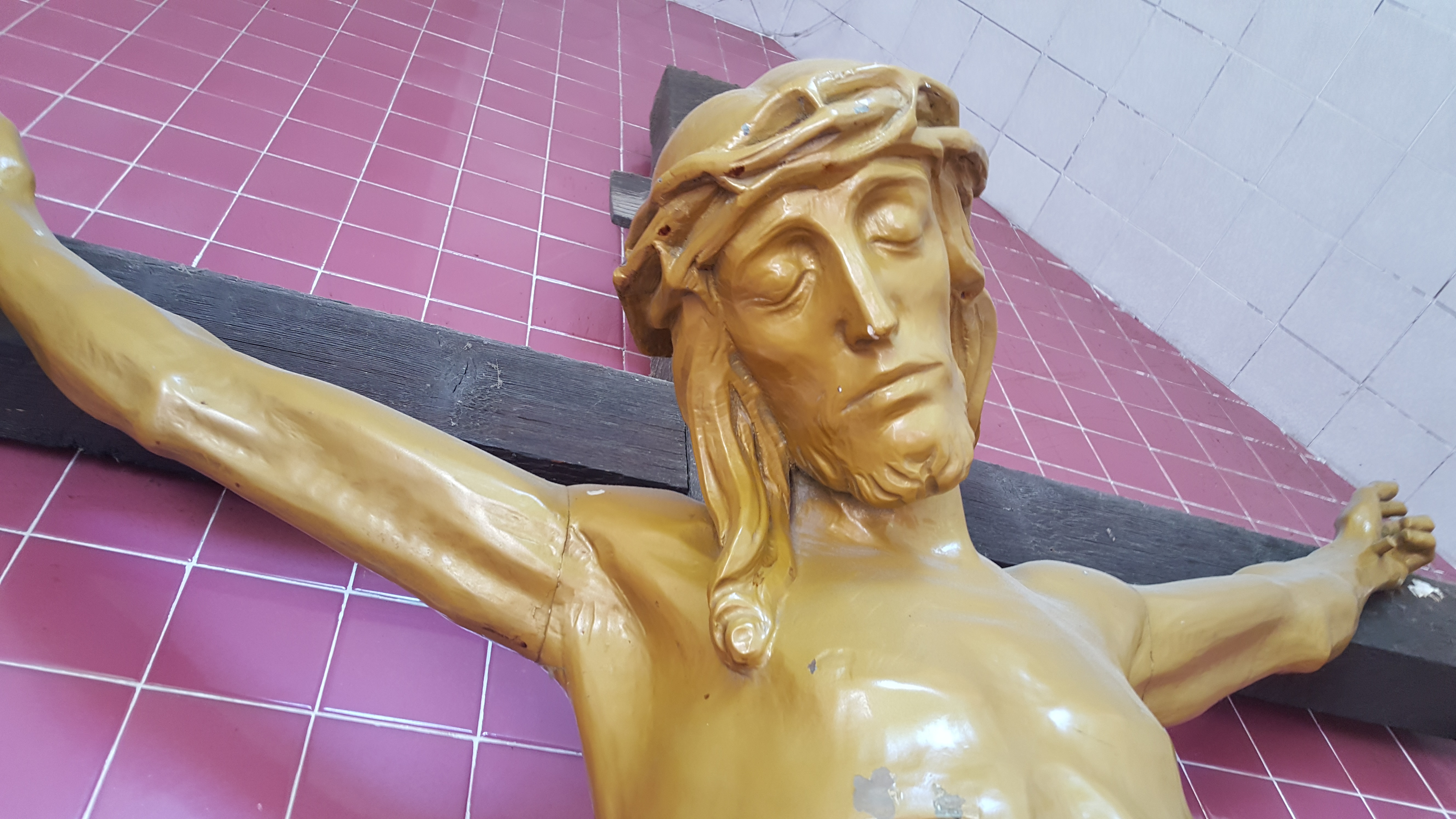



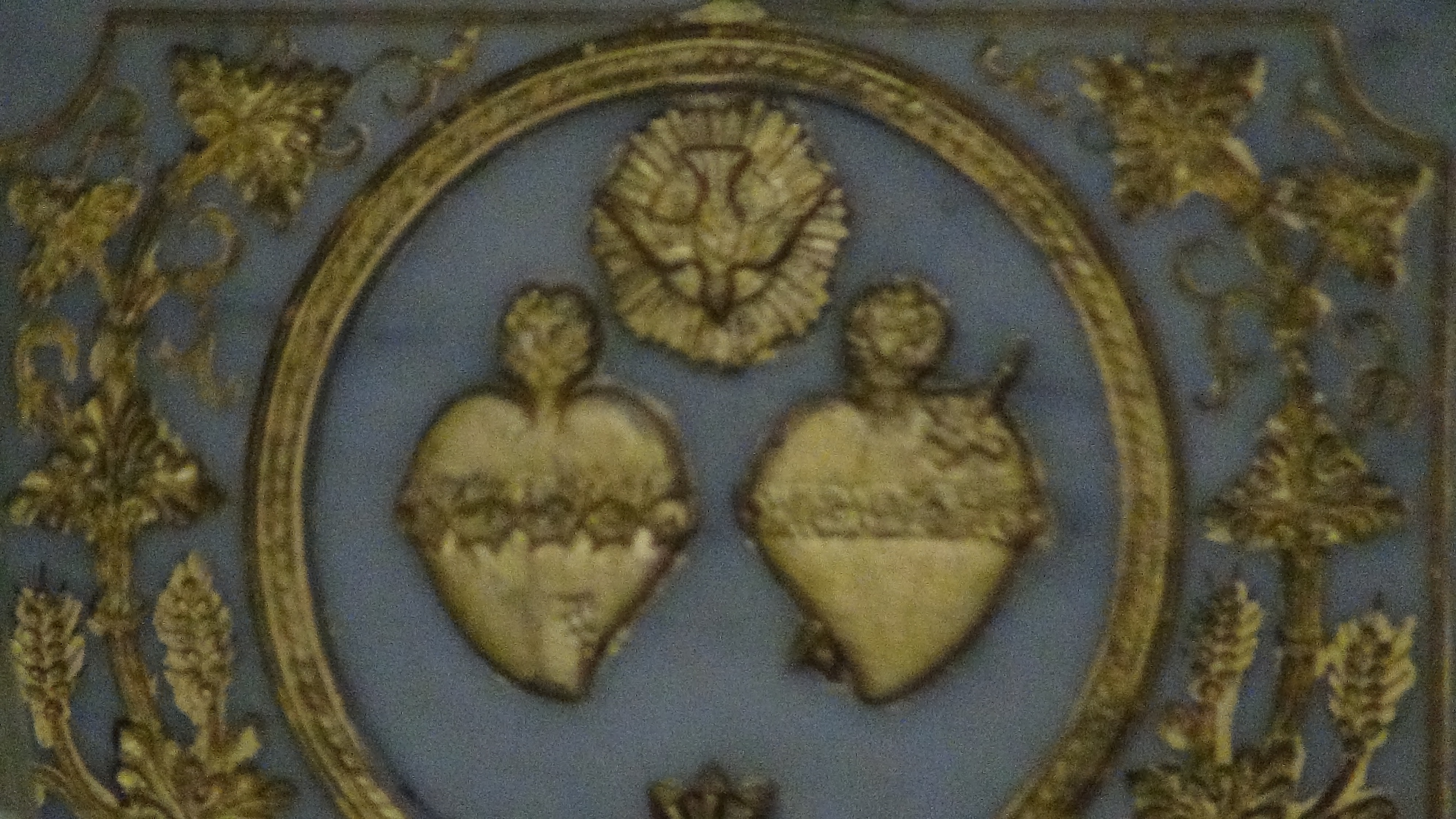

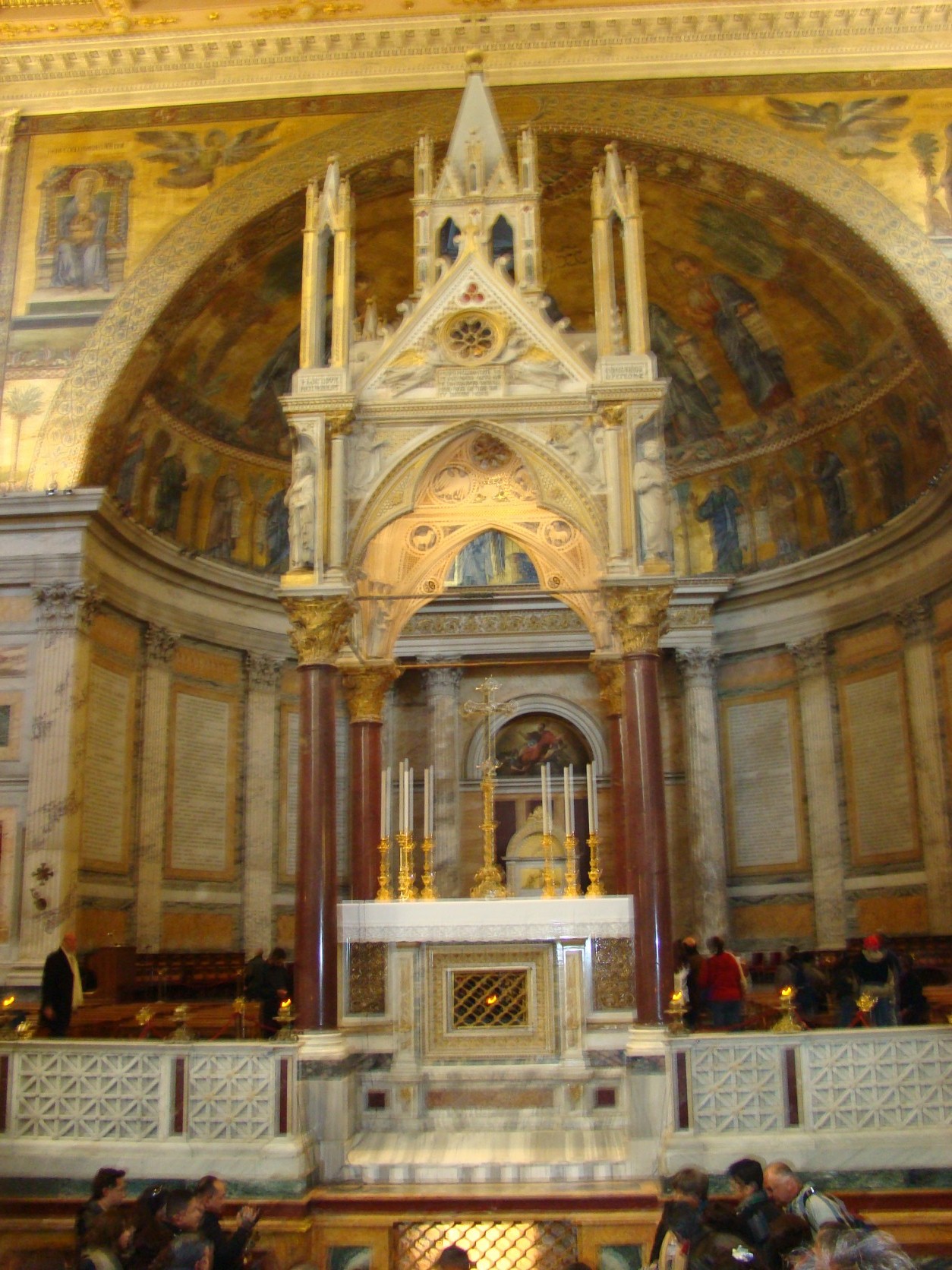

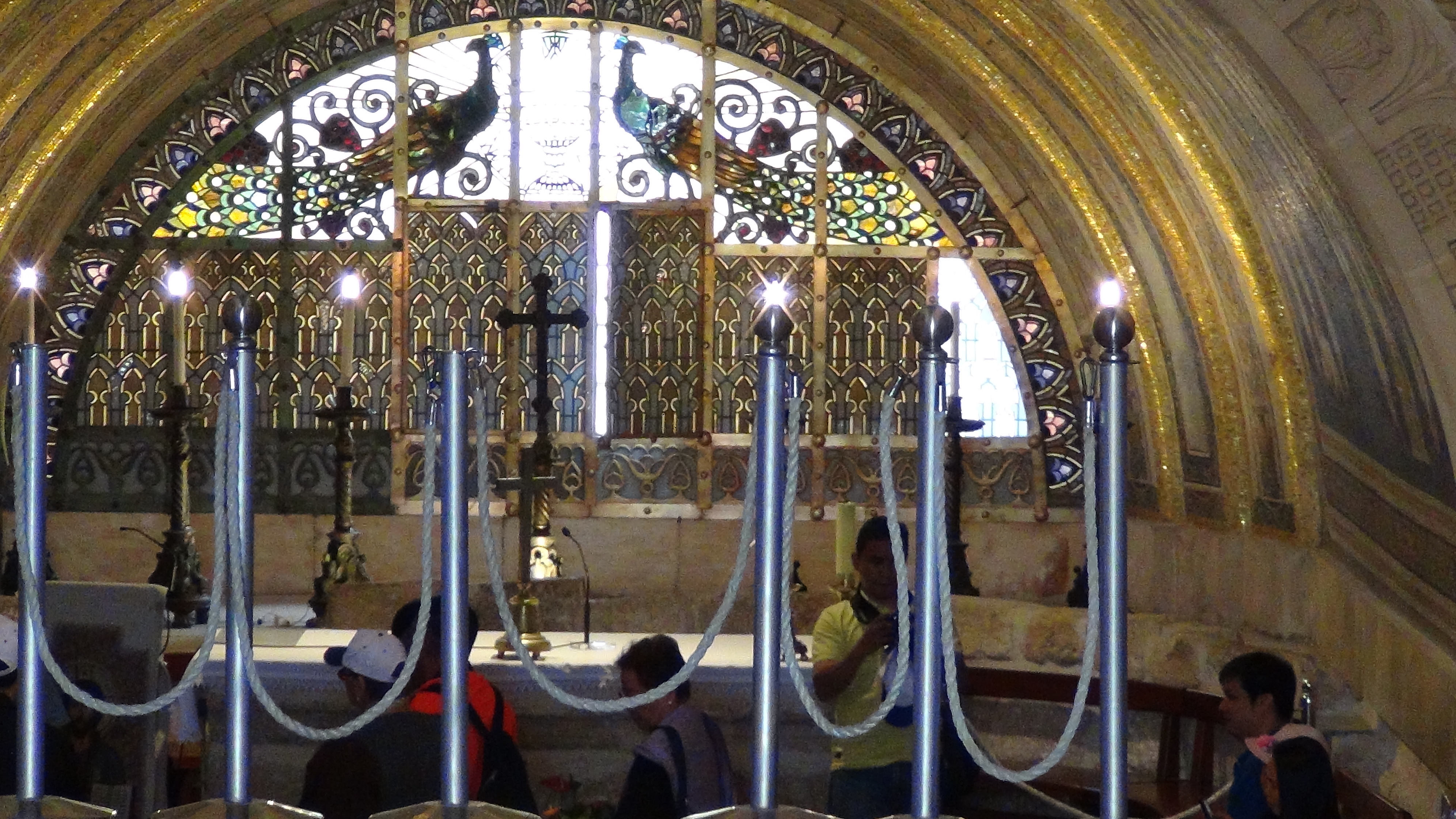

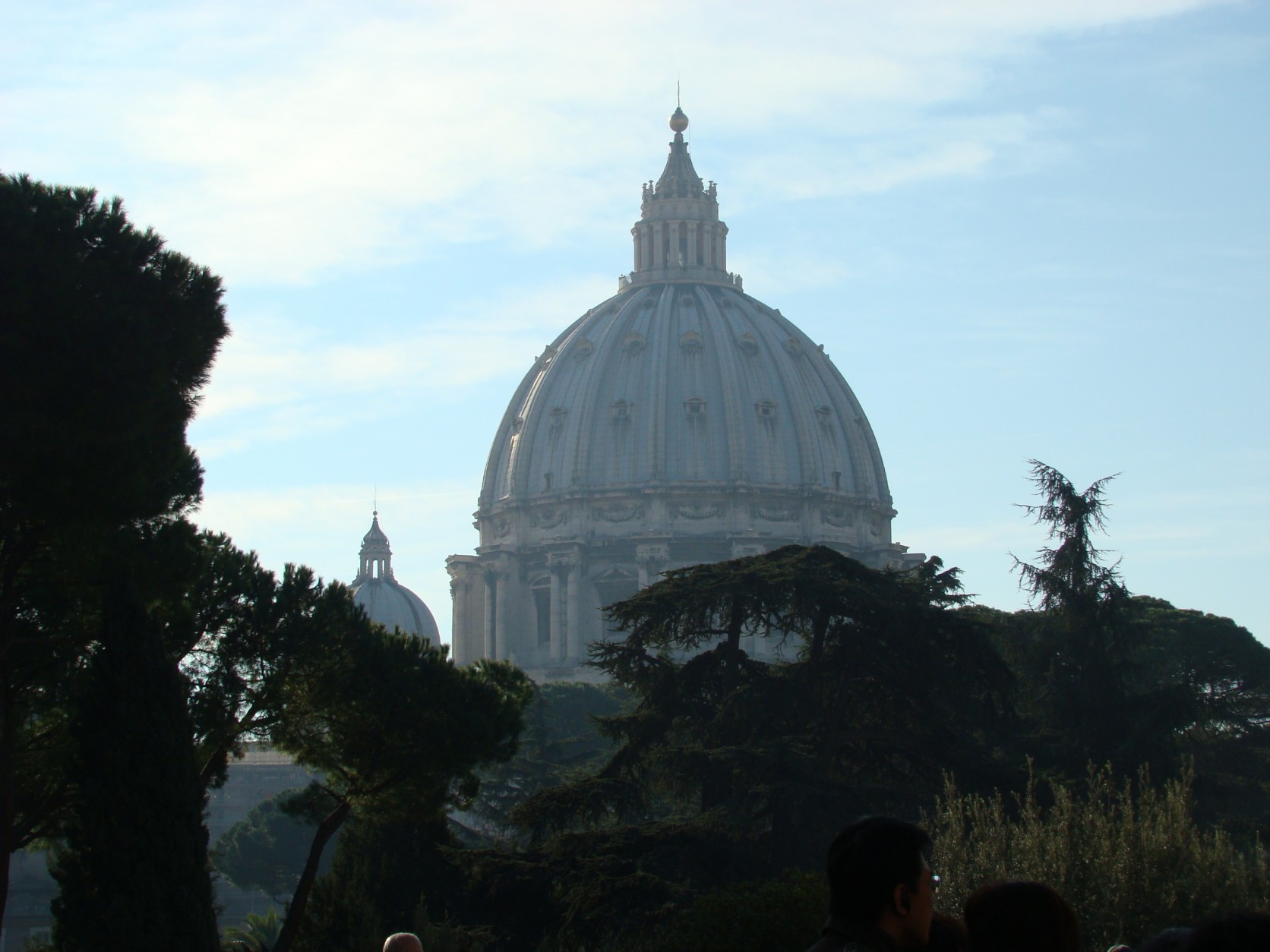

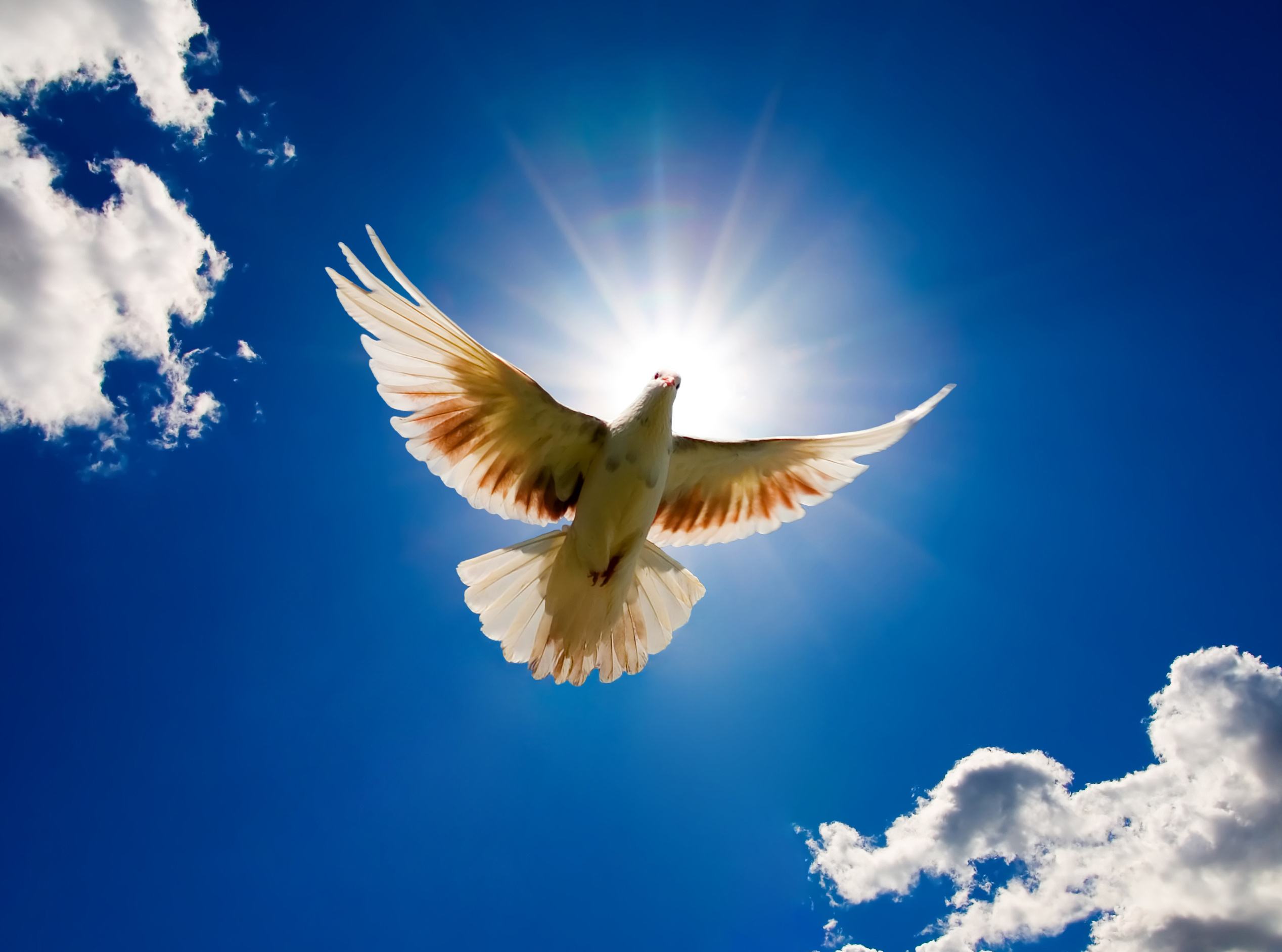



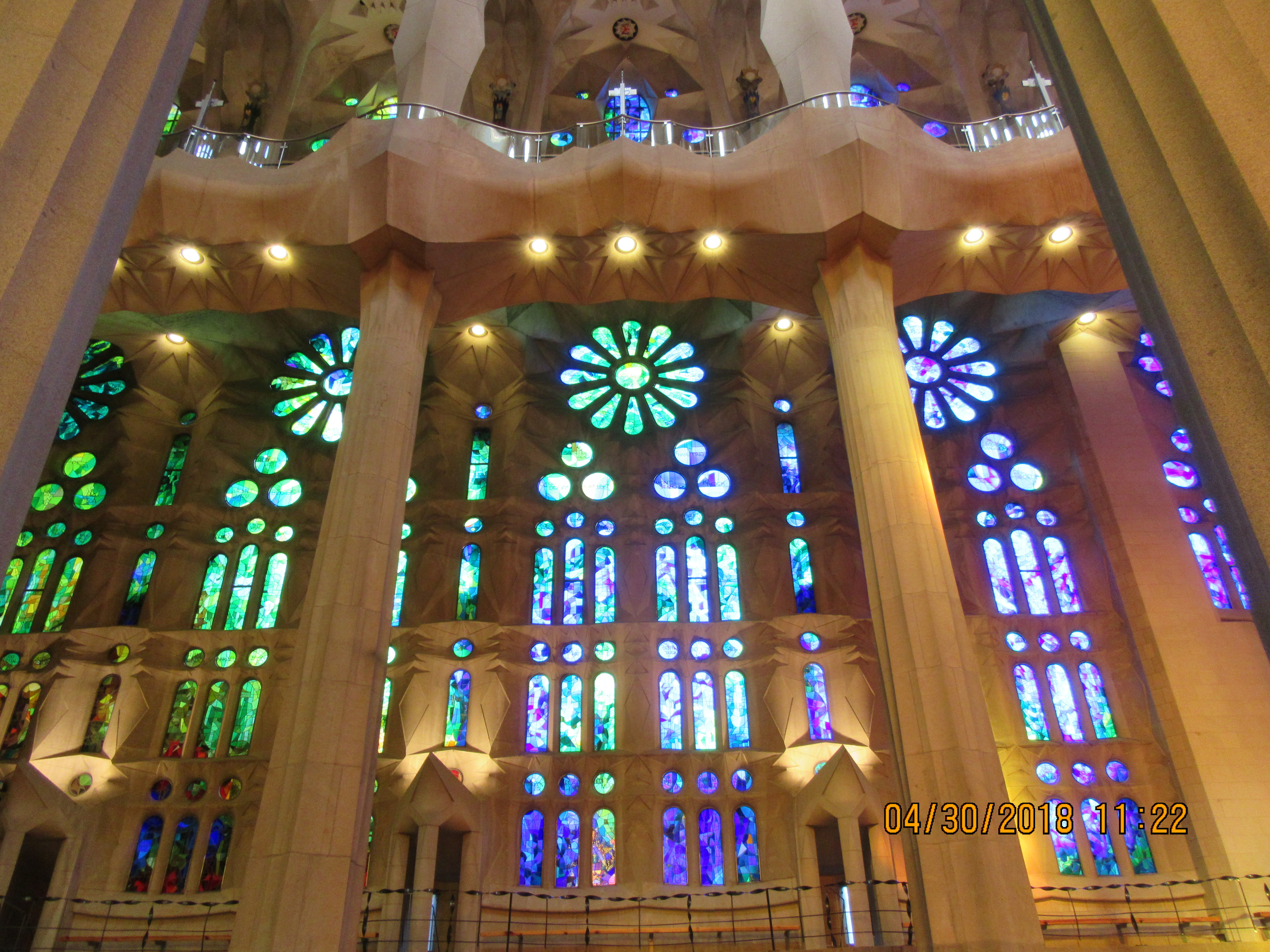

Recent Comments